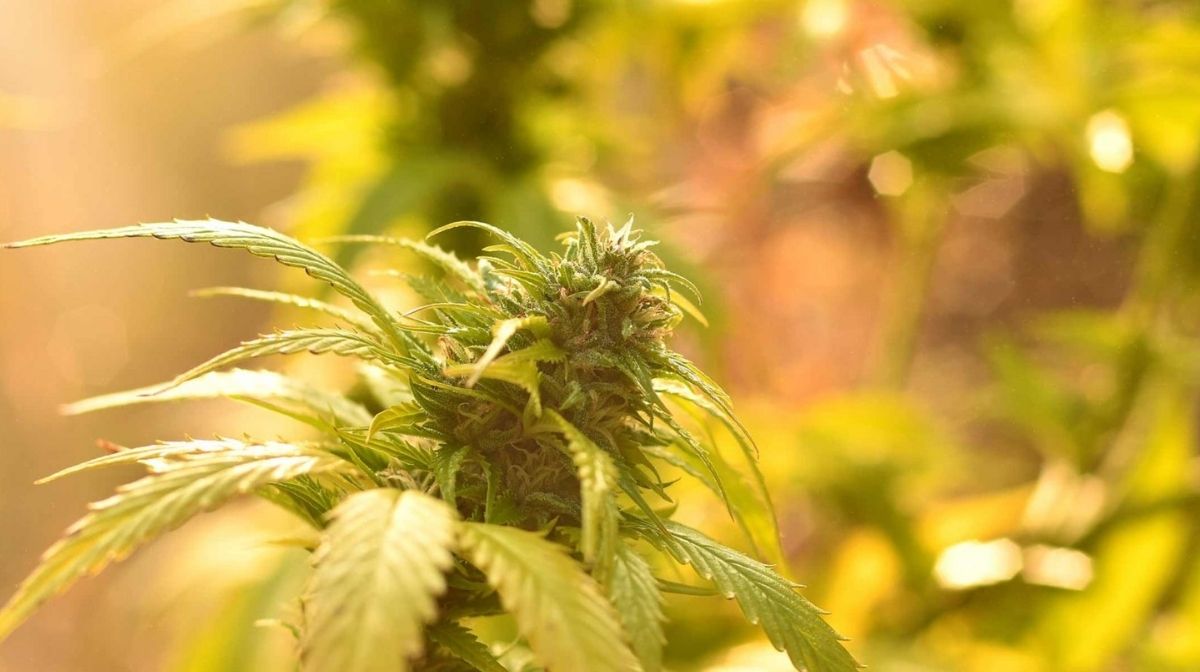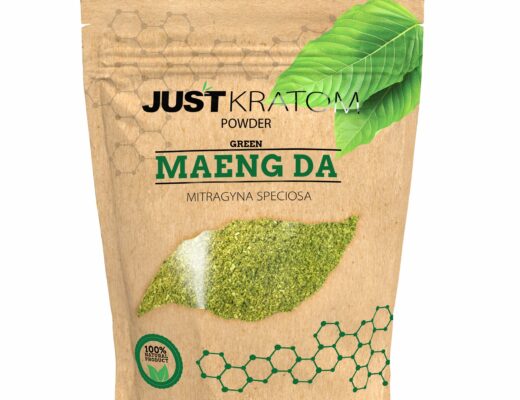Introduction
Hemp, a versatile and sustainable plant, has a rich and storied history spanning thousands of years. From its ancient origins to its modern-day uses, hemp has played a significant role in various cultures and industries. In this comprehensive guide, we will explore the history of hemp, tracing its roots back to ancient civilizations, its impact on global trade, its decline and resurgence, and its current status as a valuable commodity. By understanding the history of hemp, we can appreciate its enduring legacy and recognize its potential for a sustainable future.
Table of Contents
- Introduction to Hemp
- Hemp in Ancient Times
- Hemp in Asia
- Hemp in Europe
- Hemp in the Americas
- Hemp in the United States
- Hemp Prohibition and Decline
- Hemp Resurgence and Modern Uses
- Hemp as a Sustainable Crop
- Hemp Regulations and Legalization
- Hemp in Various Industries
- The Future of Hemp
- Frequently Asked Questions about Hemp
Conclusion
Introduction to Hemp
Define hemp and provide an overview of its characteristics and versatility. Explain its botanical classification and distinguish it from marijuana.
Hemp in Ancient Times
Explore the earliest evidence of hemp cultivation and use, including its presence in ancient China, Egypt, and Mesopotamia. Discuss its role in textiles, paper, and medicine.
Hemp in Asia
Examine the significant role of hemp in Asian cultures, particularly in China, India, and Japan. Discuss the spiritual, medicinal, and industrial applications of hemp in these regions.
Hemp in Europe
Trace the introduction of hemp to Europe and its integration into various industries, such as shipbuilding, textiles, and agriculture. Discuss its association with medieval economies and the importance of hemp fiber.
Hemp in the Americas
Examine the arrival of hemp in the Americas during the European colonization period. Discuss its cultivation by Native American tribes and its role in early American settlements.
Hemp in the United States
Explore the historical significance of hemp in the United States, particularly during the colonial era and the founding of the nation. Discuss hemp’s importance as a cash crop and its use in various industries.
Hemp Prohibition and Decline
Explain the factors that led to the decline of hemp production, including the rise of synthetic fibers, changing legislation, and the association with marijuana. Discuss the impact of the Marihuana Tax Act of 1937 and subsequent policies.
Hemp Resurgence and Modern Uses
Trace the resurgence of hemp in the late 20th century and its recognition as a valuable agricultural commodity. Discuss its modern uses in textiles, building materials, biofuels, and health and wellness products.
Hemp as a Sustainable Crop
Highlight the sustainability aspects of hemp cultivation, including its low environmental impact, versatility, and potential as a renewable resource. Discuss its benefits in terms of soil health, carbon sequestration, and water usage.
Hemp Regulations and Legalization
Examine the evolving regulations surrounding hemp cultivation and its legalization in various countries. Discuss the passage of the 2018 U.S. Farm Bill and its impact on the hemp industry.
Hemp in Various Industries
Explore the diverse applications of hemp in industries such as textiles, construction, food and nutrition, beauty and personal care, and health and wellness. Discuss the potential economic and environmental benefits of incorporating hemp into these sectors.
The Future of Hemp
Discuss the promising future of hemp as a sustainable crop and its potential role in addressing global challenges such as climate change and resource scarcity. Highlight ongoing research and innovation in hemp cultivation, processing, and product development.
Frequently Asked Questions about Hemp
Address common questions and misconceptions about hemp, including its association with marijuana, its psychoactive properties, and its legal status.
Conclusion
Summarize the key points discussed throughout the guide, emphasizing the historical significance of hemp and its enduring relevance in various industries. Recognize the potential of hemp as a sustainable crop and advocate for continued research, innovation, and responsible cultivation practices to maximize its benefits for a sustainable future.




